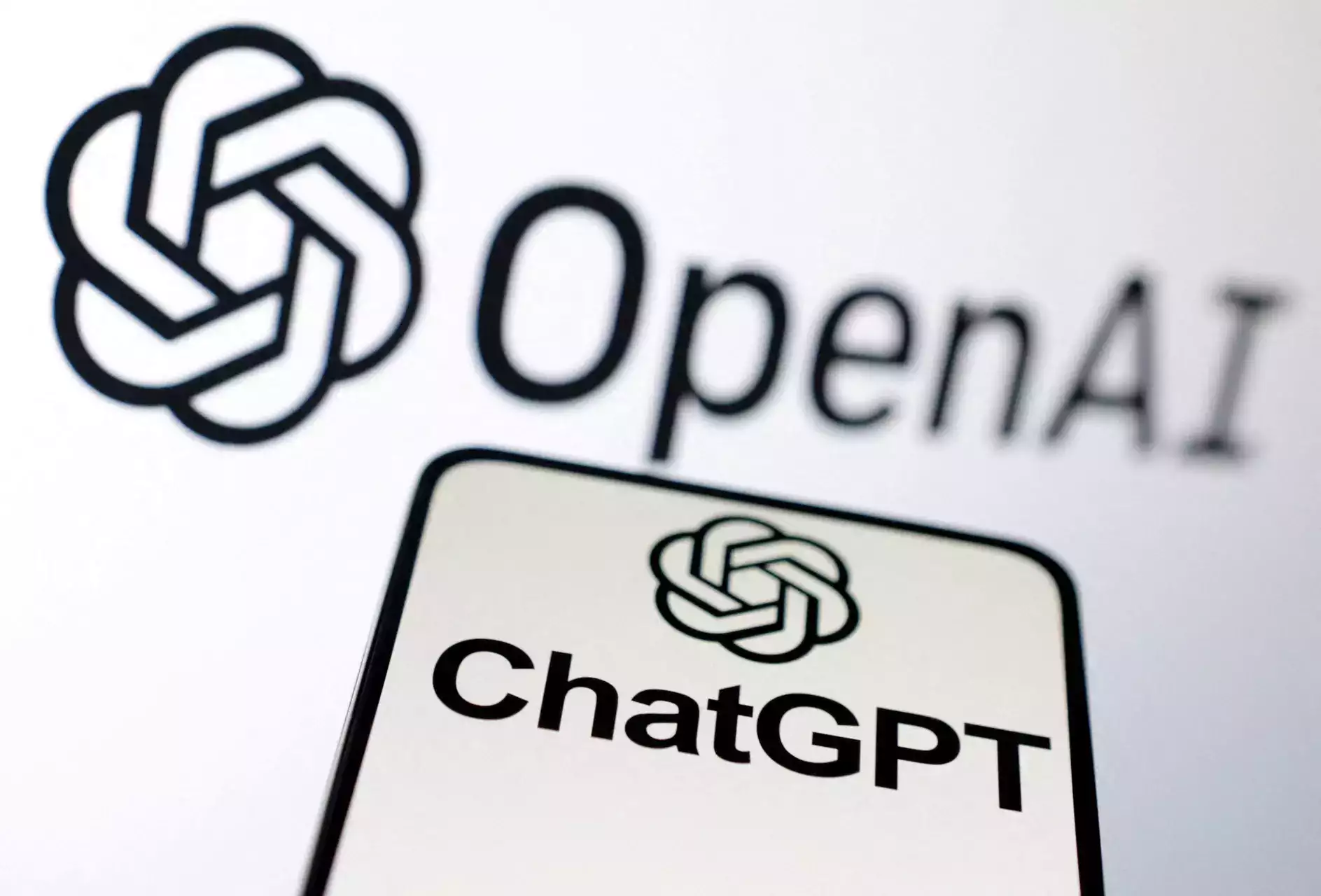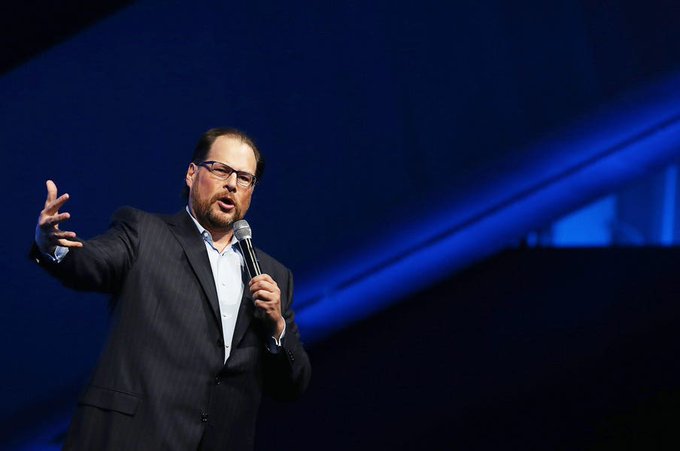Shutterstock announced today that it intends to deepen its existing agreement with OpenAI to offer the startup training data for its AI models.
Over the course of the next six years, OpenAI will license data from Shutterstock, including photos, videos, and music, as well as any associated metadata. Shutterstock, in turn, would have “priority access” to OpenAI’s latest technology and additional editing capabilities, allowing Shutterstock users to transform photos in Shutterstock’s stock content repository.
Shutterstock also claims that OpenAI will collaborate with it to deliver generative AI capabilities to mobile customers via Giphy, the GIF library it just bought from Meta recently.
Also, see: Threads App Set to Reach 100 Million Users Under a WeekTwitter Reportedly Sees Traffic Drop
“The renewal and significant expansion of our strategic partnership with OpenAI reinforces Shutterstock’s commitment to driving AI tech innovation and positions us as the data and distribution partner of choice for industry leaders in generative AI,” Paul Hennessy, Shutterstock CEO said in a press release.
Shutterstock and generative AI startups have an uncomfortable — and occasionally testy — relationship. Given its ability to create highly customizable stock photos on the fly, generative AI, particularly generative art AI, poses an existential threat to stock galleries.
Meanwhile, contributors to stock picture galleries, including artists and photographers, have objected to generative AI businesses for what they regard as attempts to profit from their work without recognition or remuneration.
Also, see: Snap is teaming up with Linktree to allow users include links in their profiles
Best Electric Chopper Bikes 2023
Getty Images sued Stability AI, the inventors of the AI art tool Stable Diffusion, earlier this year for scraping its content. Stability AI was accused by the corporation of illegally downloading and processing millions of Getty Images contributions protected by copyright in order to train its algorithms.
In a second lawsuit, three artists claim that Stability AI and Midjourney, an AI art creation platform, are infringing on their copyright by training on their work from the internet without their permission.
Some experts believe that training models that incorporate public photos, even if they are copyrighted, will be covered by fair use theory in the United States. However, it is unlikely to be resolved anytime soon.
Shutterstock, unlike Getty Images, has embraced generative AI, teaming with OpenAI to launch an image creator powered by DALL-E 2. (The Shutterstock-OpenAI partnership began in 2021, but the image creator didn’t debut until late 2022.) Shutterstock has licensing arrangements with Nvidia, Meta, LG, and others to develop generative AI models and tools for 3D models, pictures, and text, in addition to OpenAI.
Shutterstock also maintains a “contributor fund” that pays artists for the role their work has played in training Shutterstock’s generative AI, as well as continuous royalties connected to licensing for newly-generated assets, in an attempt to appease the artists on the site.




















